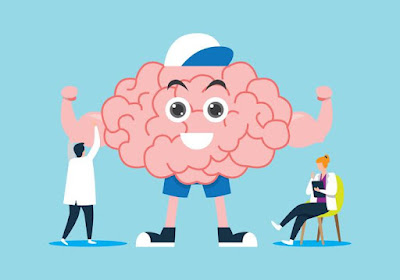In today's fast-paced and
technology-driven world, it's becoming increasingly difficult to disconnect and
take a break from our digital devices. We are constantly bombarded with
notifications, emails, and social media updates, making it challenging to switch
off and unwind. However, as a mental health counselor in Bhopal, I have seen firsthand the negative
impact of constant digital exposure on individuals' mental well-being.
The constant need to be connected and
plugged in can lead to a phenomenon known as "digital overload." This
overload can result in feelings of anxiety, stress, and even depression. Our
brains are not designed to handle the constant influx of information and
stimulation that technology provides, and this can have a detrimental effect on
our mental health.
This is where the concept of a
"digital detox" comes in. A digital detox refers to taking a break
from all digital devices, including smartphones, laptops, and social media, for
a designated period. It allows individuals to unplug, disconnect, and focus on
other aspects of their lives, such as spending time with loved ones, engaging
in hobbies, or simply taking a walk in nature.
So, how exactly can a digital detox
improve your mental well-being? Let's take a look at some of the benefits:
1) Reduces
stress and anxiety: Constant digital exposure can lead to information overload,
causing our brains to constantly process and analyze information. This can lead
to feelings of stress and anxiety. Taking a break from technology can give our
brains a much-needed rest and reduce these overwhelming feelings.
2) Improves
sleep quality: The blue light emitted from digital devices can disrupt our sleep
patterns, making it difficult to fall asleep and stay asleep. By disconnecting
from technology, we allow our brains to wind down and prepare for a good
night's sleep, leading to improved overall sleep quality.
3) Increases
mindfulness: Mindfulness refers to being present in the moment and fully engaged in our
surroundings. The constant distraction of technology can make it challenging to
be mindful. A digital detox can help individuals be more present and aware of
their thoughts, feelings, and surroundings.
Also Read: Psychiatrist in Bhopal
4)
Encourages face-to-face interactions: In today's digital age, it's easy
to rely on technology for communication and social interactions. However,
nothing can replace the value of face-to-face interactions. A digital detox can
encourage individuals to connect with people in person, leading to more
meaningful and fulfilling relationships.

















